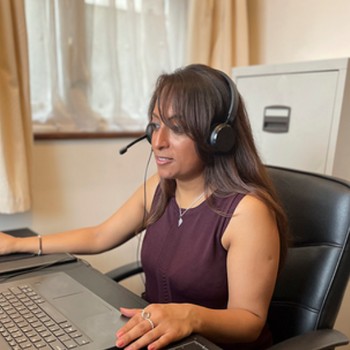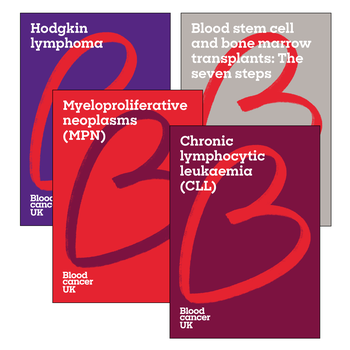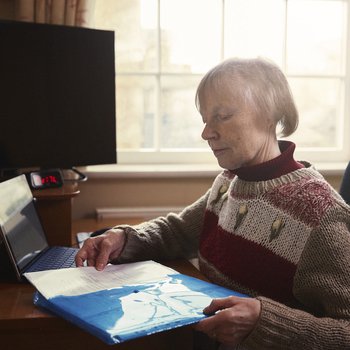Acute lymphoblastic leukaemia (ALL)
ALL is a fast-developing type of blood cancer that affects cells called lymphoid blasts or lymphoblasts.
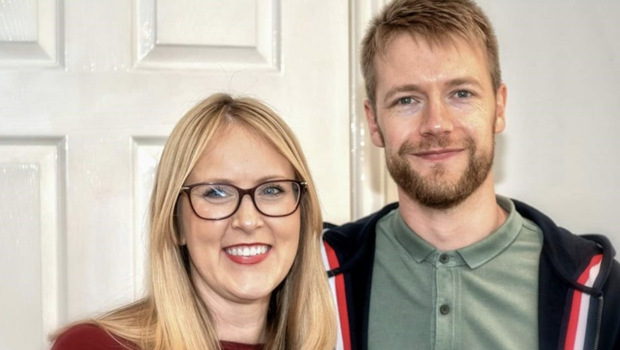
ALL at a glance
ALL is a type of leukaemia where cancerous cells build up in the bone marrow, until eventually there's no room for normal blood cells to be made there.
ALL is an acute leukaemia, which means it develops quickly and needs treatment straight away.
Around 800 people are diagnosed with ALL in the UK each year. It affects children more often than adults.
Read more about ALL in adults (aged 25 and over).
We have separate information for young people (aged 24 and under) with ALL, and parents of children with ALL.
Sign up to our weekly support email for people recently diagnosed.
It gives you clear and simple information, practical tips and advice from others with blood cancer, to help during the first few weeks and months after diagnosis.
If someone you love has been diagnosed with ALL, you might find our information for family and friends helpful. It covers how to support someone with blood cancer, practical tips, coping with your own emotions, and real stories from other friends and family members.
You may also want to try our podcast for family and friends, Blood Cancer Heart to Heart, featuring honest conversations between people who know what it's like to have a loved one diagnosed with blood cancer.
We don’t know exactly what causes ALL, but there are some things that may increase your risk, including:
- age
- sex
- certain genetic conditions
- exposure to very high doses of radiation.
Find out more about the possible causes of ALL.
People with ALL may experience extreme tiredness, unexplained bruising or bleeding, weight loss and infections that last longer or happen more often than normal.
Swollen glands (lymph nodes) are another common symptom of ALL.
Find out more about the symptoms of ALL.
Your doctors diagnose ALL by testing your blood, bone marrow and your genes. They will need the results of a number of tests to confirm a diagnosis of ALL.
Learn more about tests to diagnose ALL.
ALL develops quickly, so fast diagnosis and treatment are really important.
Chemotherapy is the main treatment for ALL. In some cases, a stem cell transplant (also known as a bone marrow transplant) may be offered.
Read more about treatment and side effects for ALL.
Your prognosis (outlook) depends on things like age, fitness, and the type of ALL you have. Your healthcare team are the best people to ask about this.
Read our general information about things that might affect your prognosis for ALL.
Although it is rare, acute lymphoblastic leukaemia (ALL) is the most common form of leukaemia in babies, children and young people aged 24 and under.
Read our information on childhood ALL to find out more about ALL in this age group.
For young adults with leukaemia, lymphoma or any blood cancer type. Your guide to treatment, side effects, coping with emotions, friends and work or study.
Read our information on childhood ALL to find out more about ALL treatments when you're under 25.
Clinical trials are how we find new treatments and improve current ones. We can help you find out about clinical trials for ALL. Even if you just want to know a bit more about ALL research, try our Clinical Trials Support Service.
Read about the impact our leukaemia research has had for people with an ALL diagnosis.
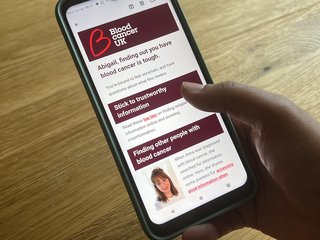
Get a weekly support email from us
We'll send you clear and simple information, practical tips, and advice from other people with blood cancer, to help during the first few weeks and months after diagnosis.

